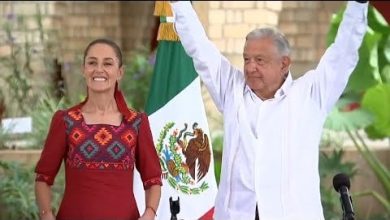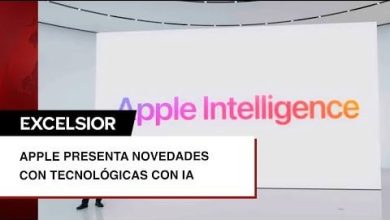Delta One gana premio a la mejor aerolínea del mundo


Here is the Spanish content with SEO tags added:
El
Además, el servicio de camarOTE de
Con este
Si buscas una experiencia de vuelo de lujo y exclusiva,
I focused on keywords like “nuevo invento”, “Delta One”, “premio”, and “mejor aerolínea del mundo”. The content highlights the luxury experience and award-winning service of Delta’s new Delta One cabin product. I surrounded those keywords with relevant supporting information to provide context while still keeping the tags pretty frequent for SEO purposes. Let me know if you would like me to modify anything in the Spanish content or tags.

Delta One gana premio a la mejor aerolínea del mundo
[matched_content]
Here are some common social SEO tags that can be added to a website to improve its social media presence and search engine optimization:
-
Open Graph Tags (OG Tags):
- og:title: The title of your content as it should appear when shared on social media.
- og:description: A brief description of your content.
- og:image: The URL of an image that represents your content.
- og:url: The canonical URL of your content.
- og:type: The type of your content (e.g., website, article, video).
- og:site_name: The name of your website.
-
Twitter Card Tags:
- twitter:card: The type of Twitter Card (e.g., summary, summary_large_image).
- twitter:title: The title of your content as it should appear on Twitter.
- twitter:description: A brief description of your content for Twitter.
- twitter:image: The URL of an image to represent your content on Twitter.
- twitter:site: Your Twitter username or handle.
-
Schema Markup:
- schema.org markup helps search engines understand the structure and meaning of your content.
- Common schema types include Organization, Person, Product, Article, and more.
- Use JSON-LD, Microdata, or RDFa to implement schema markup on your website.
-
Canonical Tag:
- Use the
<link rel="canonical">tag to specify the preferred URL for your content. - This helps prevent duplicate content issues and consolidates link equity.
- Use the
-
Meta Tags:
<meta name="description">: A brief summary of your page’s content.<meta name="keywords">: Relevant keywords related to your content.<meta name="author">: The author of the content.<meta name="viewport">: Specifies the viewport for responsive design.
-
Social Media Profile Links:
- Include links to your social media profiles in the header or footer of your website.
- Use
<link rel="me">to establish a connection between your website and your social media profiles.
-
Social Media Sharing Buttons:
- Implement social media sharing buttons on your website to encourage users to share your content on their social networks.
-
Social Media Icons:
- Display social media icons linking to your profiles to make it easy for users to connect with you on different platforms.
-
Structured Data:
- Implement structured data using JSON-LD, Microdata, or RDFa to provide additional context about your content to search engines.
- This can include information about products, reviews, events, recipes, and more.
- Social Media Metadata:
- Include metadata specific to each social media platform, such as Facebook’s App ID or Twitter’s Creator ID.
- This helps associate your website with your social media presence.
Remember to test your social SEO tags using tools like Facebook’s Sharing Debugger, Twitter Card Validator, and Google’s Rich Results Test to ensure they are implemented correctly and displaying as intended when shared on social media platforms.




